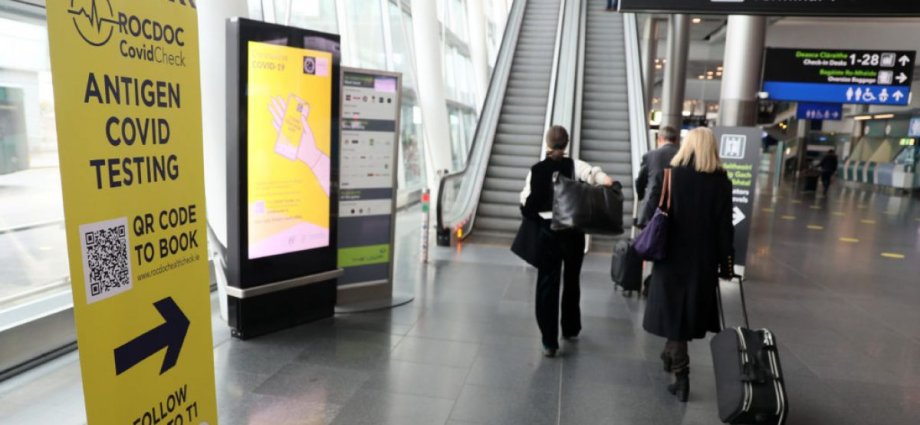Nazanin Zaghari-Ratcliffe’s release may depend on the UK repaying its debt to Iran – but can it lawfully pay?
Richard Ratcliffe’s efforts to secure the release of his wife Nazanin Zaghari-Ratcliffe from Iran, where she has been detained for over five years for “national security-related” offences, have failed to bear fruit, despite his recent 21-day hunger strike outside the UK Foreign Office. The sticking point, according to many observers, is the UK’s continuing non-payment of £400 million owed by the UK to Iran as a result of the UK’s incomplete fulfilment of a 1970s defence contract. Iran has long sought repayment of the sum, and the debt was confirmed in international arbitration in 2001 and again in 2009. Former foreign secretary Jeremy Hunt and current defence secretary, Ben Wallace, have also acknowledged the debt. Even so, the Foreign OfficeContinue Reading




















